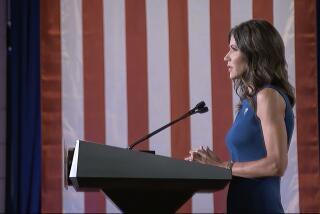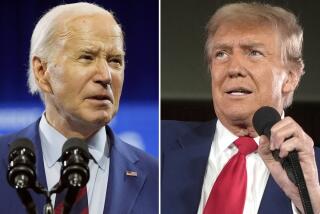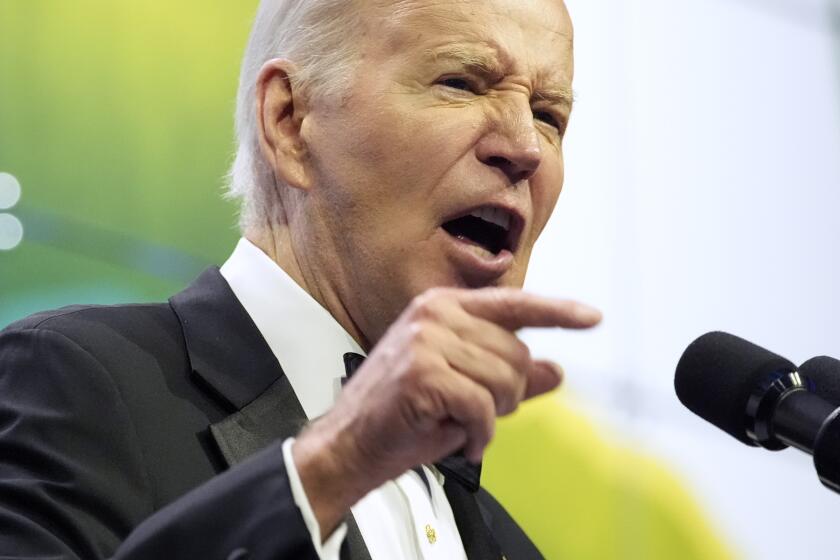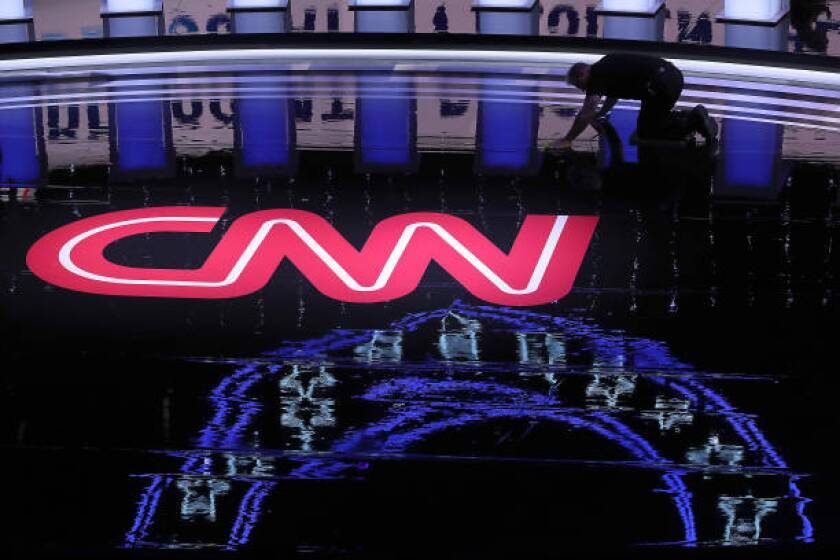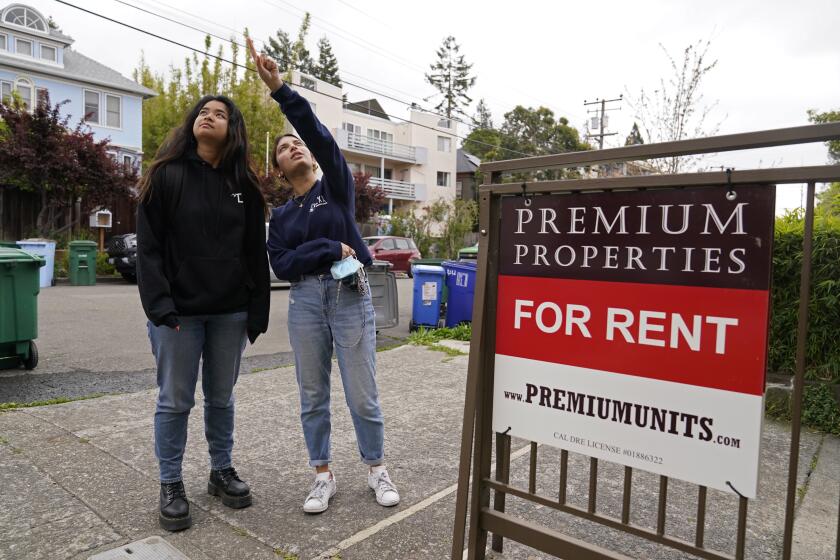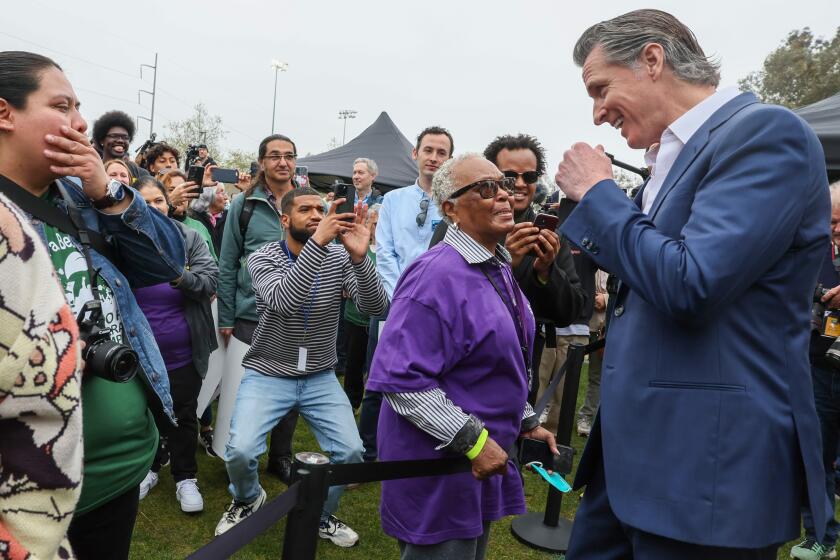In Koreatown Visit, Kansas Senator Talks Human Rights in North Korea
Korean Americans in Los Angeles may not be able to vote for Sen. Sam Brownback (R-Kansas), but in Los Angeles’ Koreatown on Wednesday, they gave him a hero’s welcome for taking up the cause of human rights in North Korea.
“When did you ever see a United States senator come to Koreatown to discuss the plight of the North Koreans?” asked Andrew Cho, of South Baylo University, an Oriental medicine school in Anaheim.
Six-nation talks with North Korea on its nuclear program are scheduled to start next Wednesday in Beijing, and Brownback urged Korean Americans to ask their congressional representatives and the Bush administration to make human rights violations and the plight of refugees part of those talks.
About 200,000 North Koreans are held in prison camps, and as many as 300,000 are hiding in northeast China, said Brownback, chairman of the Senate Foreign Relations subcommittee on East Asian and South Pacific Affairs.
“I don’ t know of a worse human rights situation in the world today,” he said. “North Korea’s gulag recalls the horrors of the Soviet Union under Stalin.”
Last December, he said, he met refugees living in China at the Korean border and heard their stories.
“Beatings, assaults, abuse, malnutrition and forced labor are the threats that always seem to link the story of one survivor to another,” he said. Christians who refused to renounce their faith were lined up and shot, prison camp survivors told him.
“Their tales are so powerful, so horrible that ... once you come across [them], you cannot not do something,” he said.
The senator spoke at a seminar sponsored by the Korean Congress for North Korean Human Rights at the Oxford Palace Hotel, attended by more than 100 pastors, community leaders and human rights advocates.
Comparing persecuted North Koreans to Jews in the Holocaust, Brownback said, “You cannot let it take place again on your watch.”
The Korean American community, he said, can help to raise the situation “to the level of a national debate.” Korean Americans also can press the administration to allow a “certain quantity of North Korean refugees to come into the United States, as a statement of support for them. This will carry a lot of weight in China, South Korea and a lot of other places that we’re willing to stand up and we’re willing to work with these refugees and help them in our land.”
Legislation proposed by Brownback and Sen. Edward M. Kennedy (D-Mass.) that would allow officials to give refugee status to North Koreans on a case-by-case basis has passed the Senate, the senator said, and is awaiting House approval.
“We are so grateful to the senator for his support for our brothers and sisters in North Korea,” said Bong-Keun Kim, president of the Korean Veterans Assn. for the Western United States.
Brownback said the United Nations must push China to treat North Korean refugees not as economic migrants but as political refugees. Under an agreement signed by China and the U.N. high commissioner for refugees, any dispute on individual cases must be submitted to international binding arbitration.
Human rights advocates say China has ignored the agreement.
Brownback said Korean American businesses with investments in China can use that leverage to broach the issue.
“I am suggesting that when they talk with Chinese officials, that they also say, ‘Human rights is important for us, particularly for North Koreans, and we hope that you look favorably on that.’ ”
Emphasizing that it has been half a century since the Korean peninsula was divided, Brownback said: “In Biblical terms, after 50 years, there is to be a jubilee. Freedom. Slaves are to be free after 50 years. It’s time for tyranny to end and light to be let in North Korea.”
More to Read
Get the L.A. Times Politics newsletter
Deeply reported insights into legislation, politics and policy from Sacramento, Washington and beyond. In your inbox three times per week.
You may occasionally receive promotional content from the Los Angeles Times.
